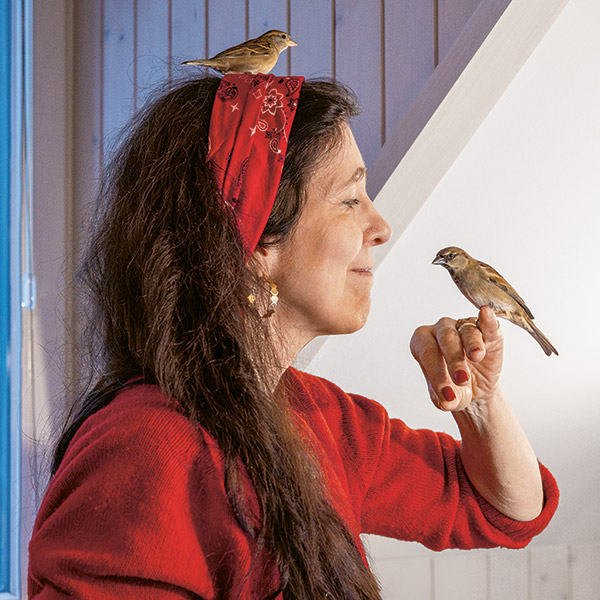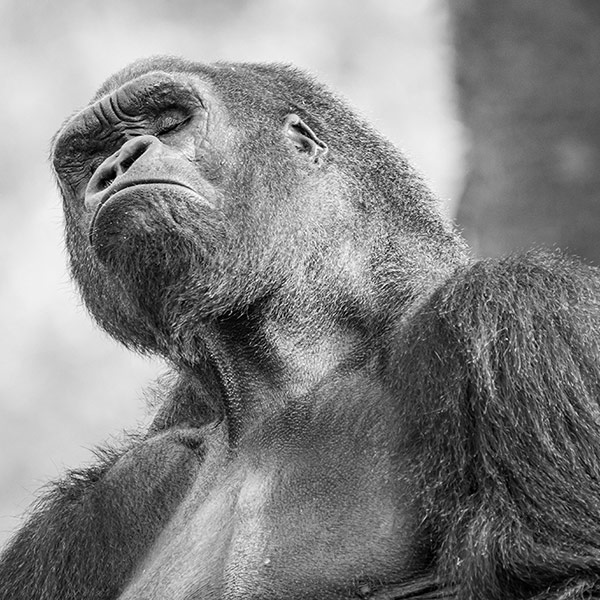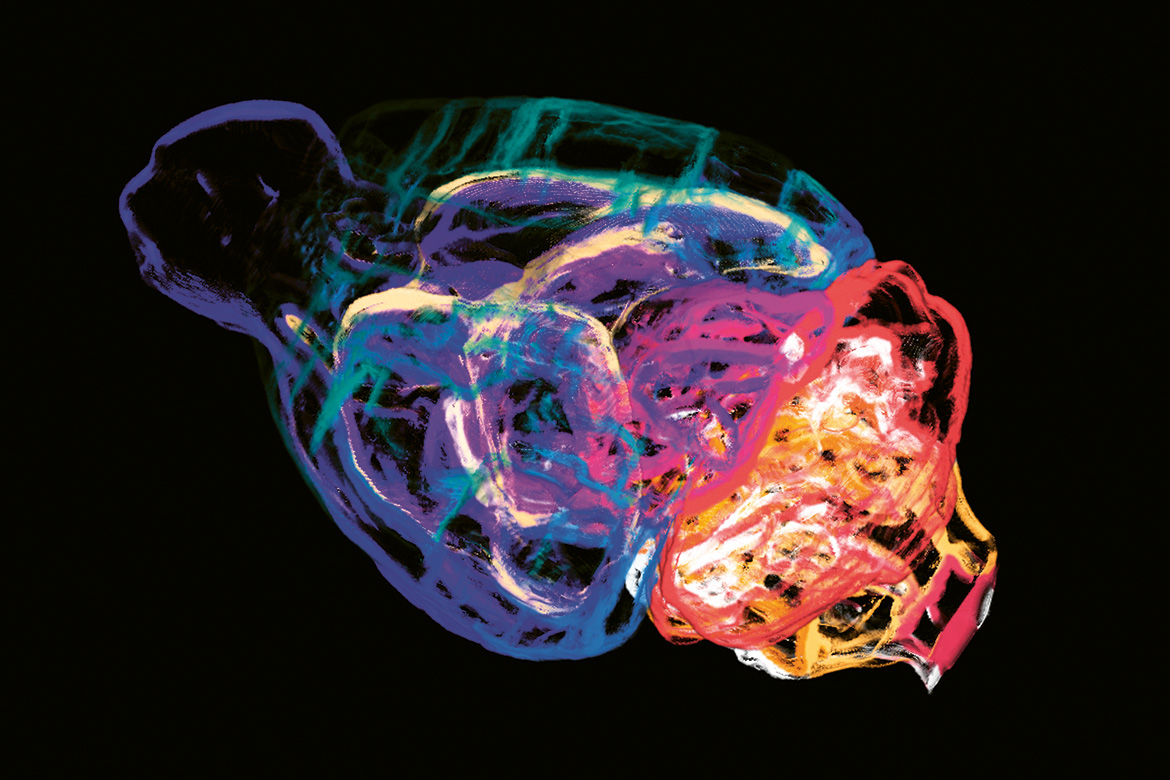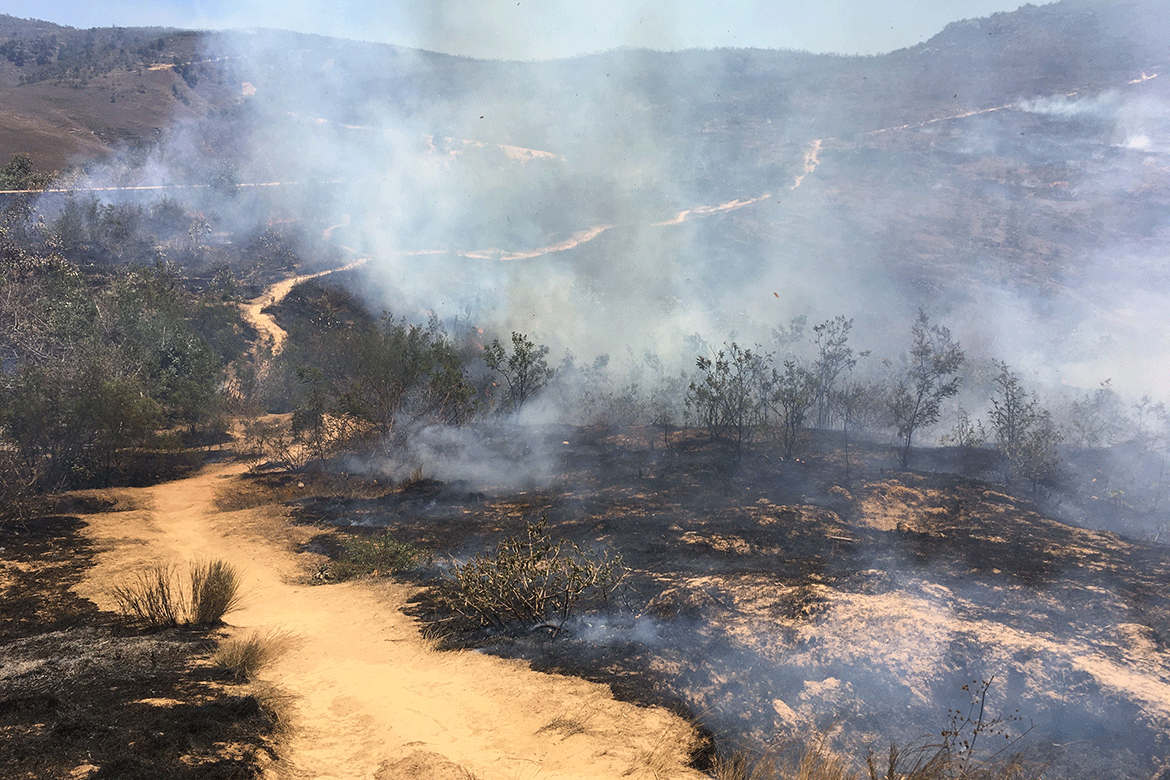GM humans: Calls for a moratorium and a registry
Ideas for open research data, drastic budget cuts, and a toxic culture: the latest news in science policy.
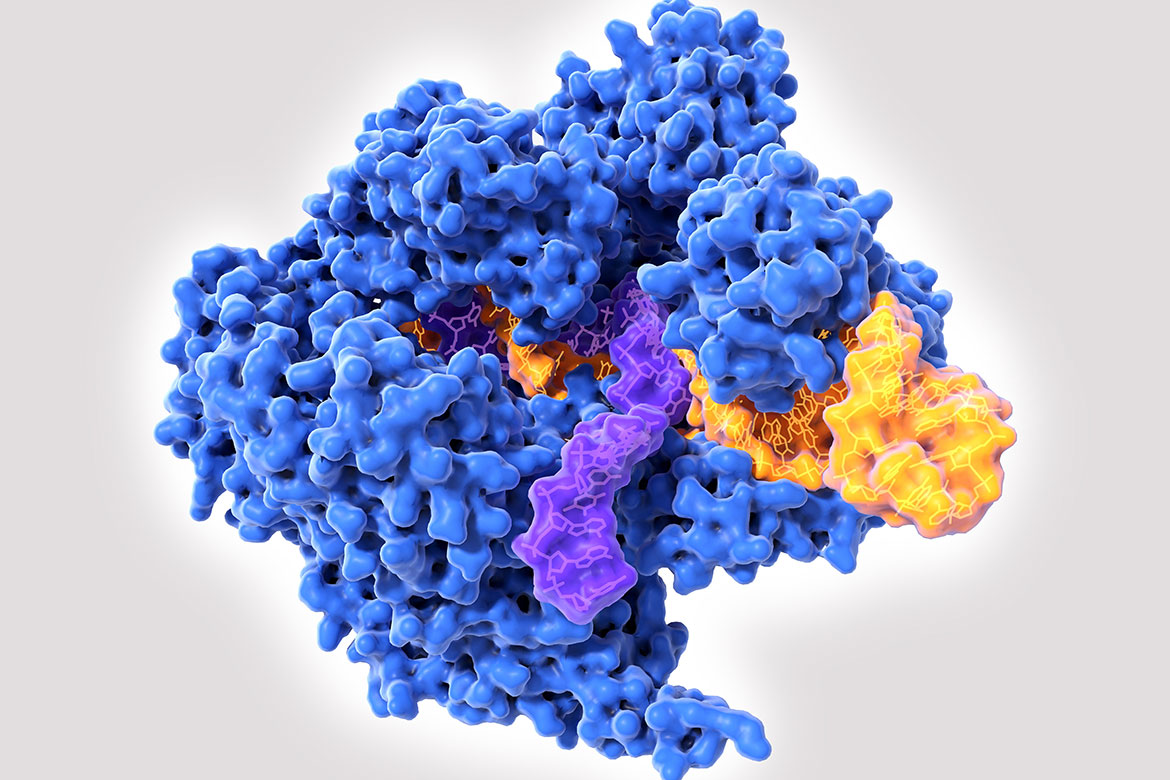
The use of the Cas9 enzyme that allows DNA editing is becoming increasingly controversial. | Image: shutterstock/Juan Gaertner
News: Regulation for gene editing
The world was shocked in November 2018 to learn of the birth in China of the first babies whose heritable DNA had been genetically modified. The principal investigator was subsequently fired and faces an investigation. A number of prominent biologists have now called for “a global moratorium on all clinical uses of human germline editing”, a clearer demand than the statement made during the International Summit on Human Gene Editing in 2015, which considered that “each nation ultimately has the authority to regulate”. A new committee of the World Health Organization would prefer to exert control: it urges the creation of an international registry for all experiments related to human genome editing.
News: How to open up your research
Researchers should “integrate Data Management Plans with the workflows of all stakeholders in the research data ecosystem”. This is the first of ten principles for managing open research data put forward by Tomasz Miksa in PLOS, which aim to make data accessible to algorithms. But openness should be viewed “as a continuum”, writes Pablo Diaz from the Swiss Centre of Expertise in the Social Sciences (FORS), who urges us to consider ethical considerations in a recently published guide.
In numbers: 42%
The Brazilian government has frozen nearly half the annual budget of its Ministry of Science.
In numbers: 33%
A third of research universities explicitly support the use of the Journal Impact Factor (a proxy for a scientific journal’s reputation) in assessing career promotions, according to a survey of 57 institutions in North America.

